How Christmas negotiations landed Rugby Australia new broadcast deal with Nine
From nearly broke, to surviving a boardroom coup and losing a team, Rugby Australia somehow managed to get a broadcast raise. Here is the inside story.
Rugby
Don't miss out on the headlines from Rugby. Followed categories will be added to My News.
WHILE the business district of North Sydney was eerily quiet over the Christmas break, with workers leisurely tucking into leftovers at home or wading in waves up and down the coast, the same black Range Rover kept turning up at Nine’s headquarters.
Phil Waugh, Rugby Australia’s chief executive, had little appetite for silly season, aware that the exclusive negotiating period with Nine for the game’s broadcast rights expired on December 31.
Outsiders believed if a deal wasn’t struck by the stroke of midnight, rugby would sink into an abyss as rumours swirled that rival broadcasters would try to pick off the rights on the cheap.
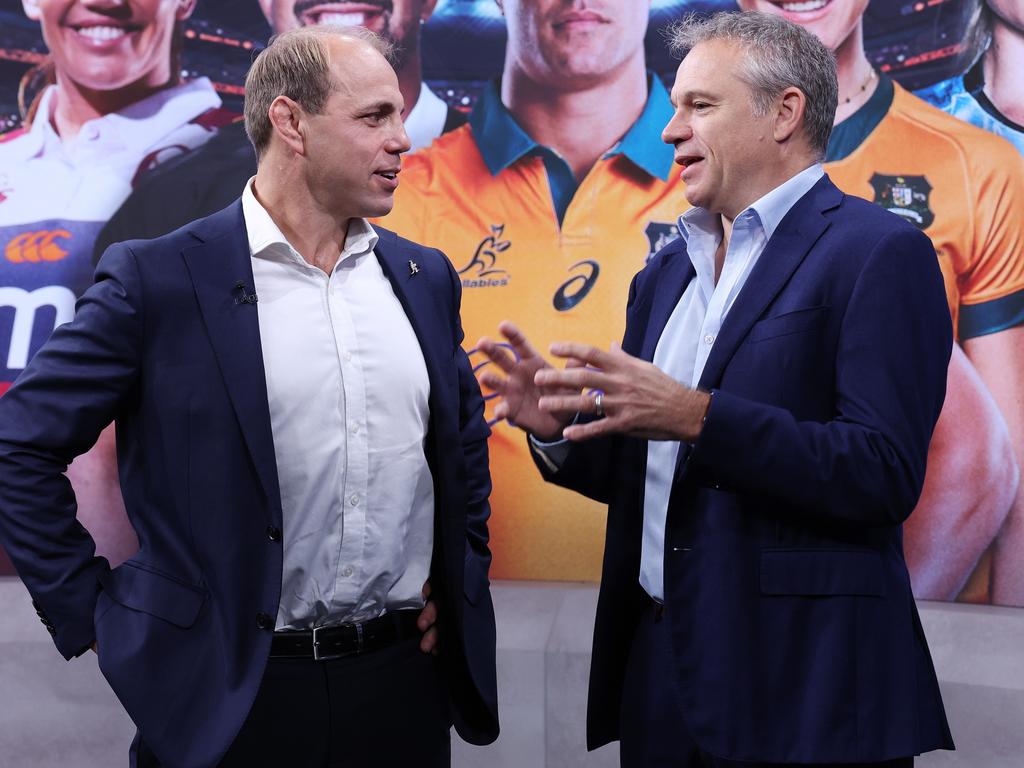
But Waugh trusted in his relationship with new Nine boss Matt Stanton, and had to have “vulnerable conversations” to finally settle on deal with a base of $215 million over five years, with the potential for that to increase to $240 million if the Wallabies and Australian Super Rugby teams can win key games.
The pair met often in the Nine offices, although Stanton also raced to a cafe in Seaforth at 6.30am during that time to keep negotiations flowing.
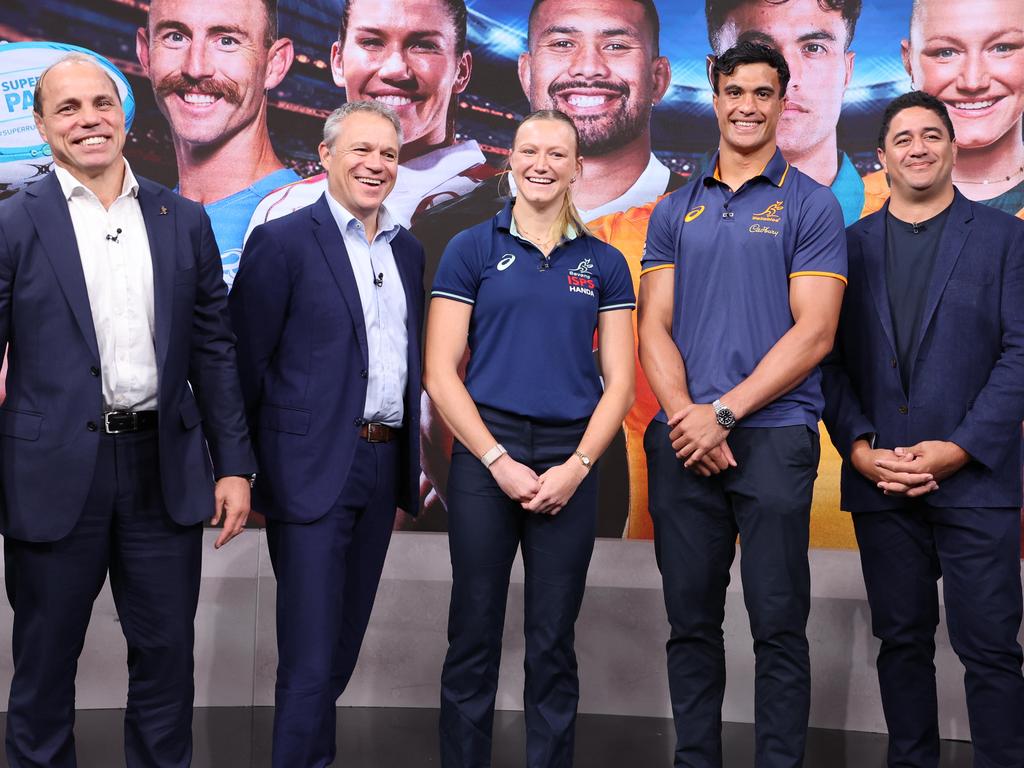
“That period through Christmas was quite pivotal,” Stanton said. “And both sides contemplated, ‘Are we going to do this?’ Phil could have gone to market, we could have said ‘No’.
“But there was a strong respect between us.
“We are both very commercially business minded. It wasn’t because we get on, there was a genuine understanding to do the deal from a broad commercial perspective.
“It’s really important when you’re doing this that you both get a win-win.
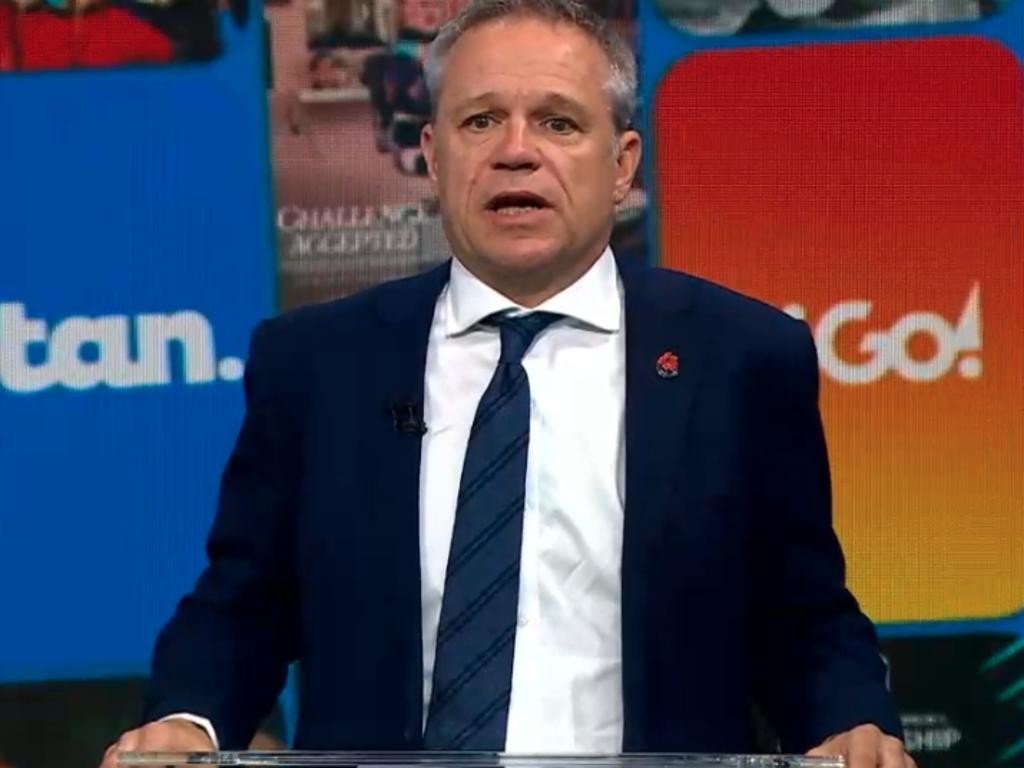
“We’re both pragmatic about what works, and at times when we were putting the deal together we didn’t need paperwork, we didn’t hold each other to hard deadlines, because there was a mutual trust that we were headed towards the right outcome.”
The ENP came and went with no resolution.
As the rugby community wondered what the future held for the game, Waugh had to hold his nerve.
Only 15 months prior, RA was nearly broke, having to take out an $80 million debt facility.
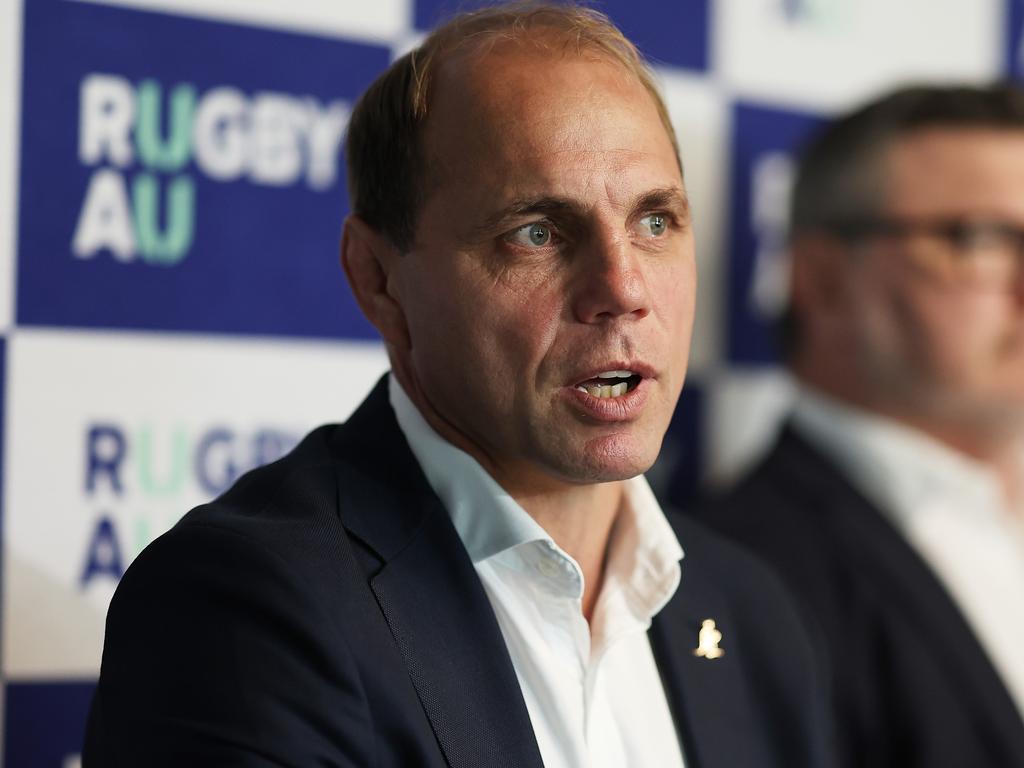
Waugh and his allies also survived an attempted boardroom coup, and then they cut a Super team in the Melbourne Rebels.
“Matt had been in the CFO role, then the COO role (at Nine), so I’d already experienced many interactions with Matt and there is a high level of trust in our relationship,” Waugh said.
“The period we had leading into the finalisation of the exclusive negotiation period, we were working pretty closely together right through Christmas, between Christmas and New Year.
“When we landed Joe (Wallabies coach Joe Schmidt), I think I remember saying, ‘I’ve done six Sydney to Hobarts, and they always say you win the Sydney to Hobart when everyone else is sleeping’. And that period is pretty quiet.
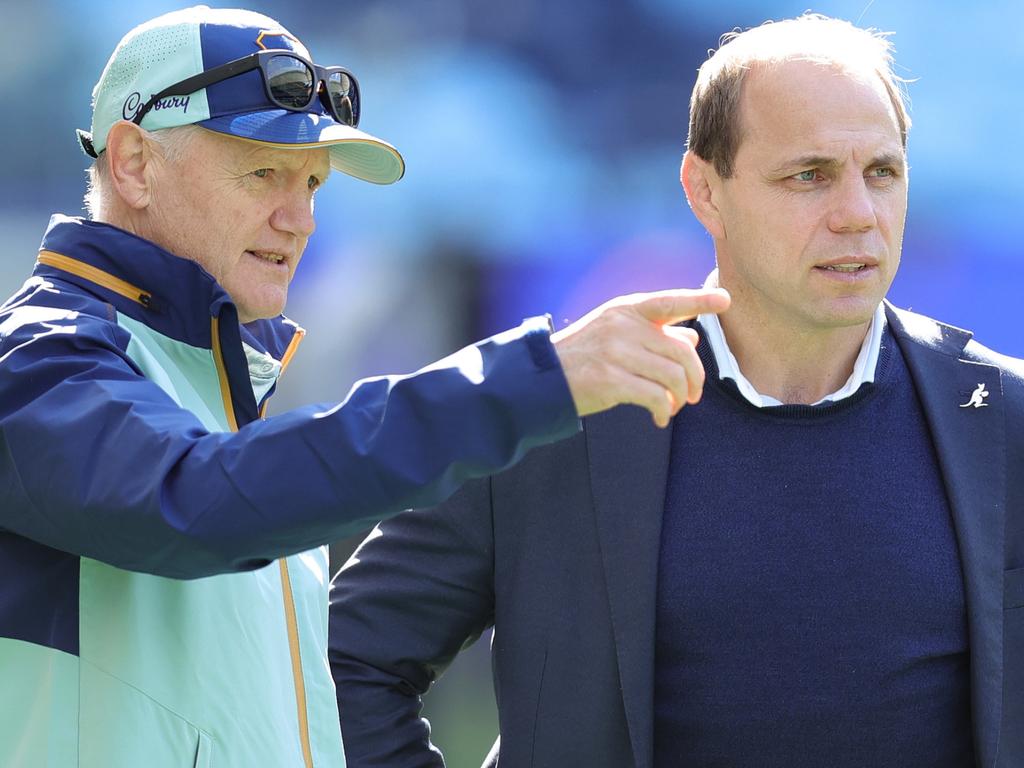
“I think probably what helps is that I’ve got a really strong personal connection to Matt. The ability to have those conversations, they were authentic, and I think we’ve ended up in a really good partnership.
“It’s always the most meaningful when you’re face-to-face and you also have the ability to be vulnerable in your own skin. And some of that was very much around just honest, transparent, vulnerable conversations, opening up about where we’re going, the direction, the belief, the genuine belief on the journey we’re on.
“And also I’m big on value creation. It can’t be a one-sided transaction, right? It’s got to be value creation for Nine. And what we saw in that spring tour was enough to know that there’s a groundswell of rugby supporters in Australia that want Australia to do well.”
It could have been very different.
Last April, a rebel group led by former Australian Rugby Union director Geoff Stooke attempted to roll the board at last April’s annual general meeting.
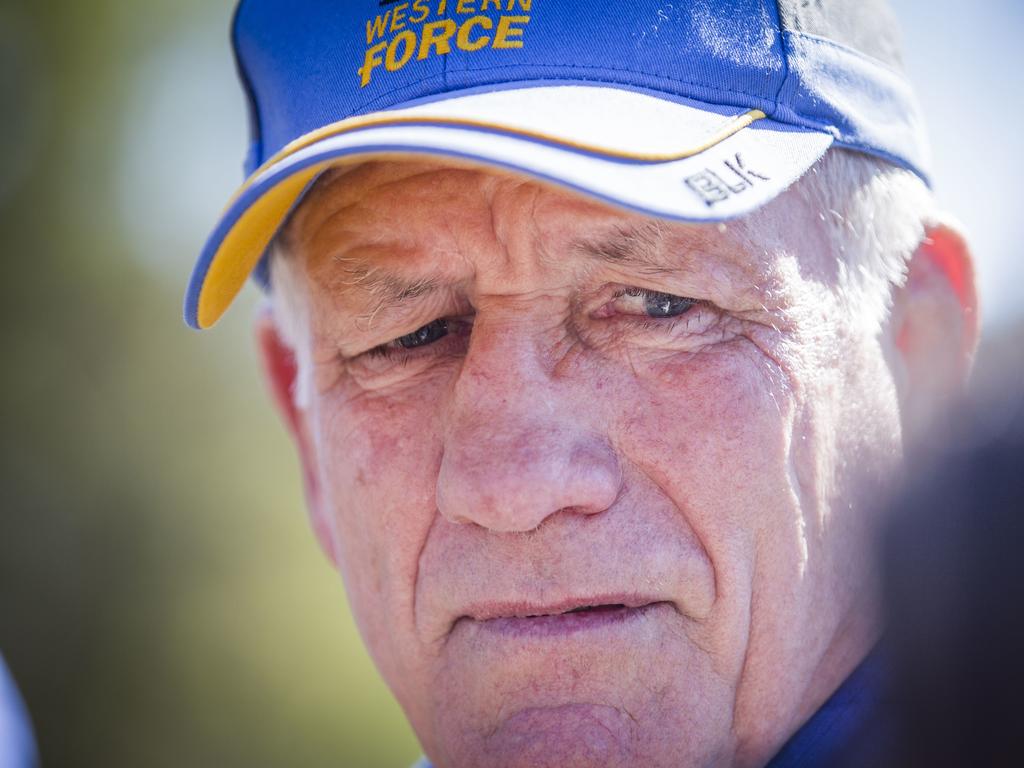
RA had five nominees up for re-election. Karen Penrose did not receive the required votes and was ousted, but Matt Hanning and Jane Wilson survived, while new nominees Alexi Baker and Hans Pearson were voted in.
Had RA’s four successful nominees not been voted in, it’s certain the rebel group would have taken control and sacked Waugh and chairman Daniel Herbert.
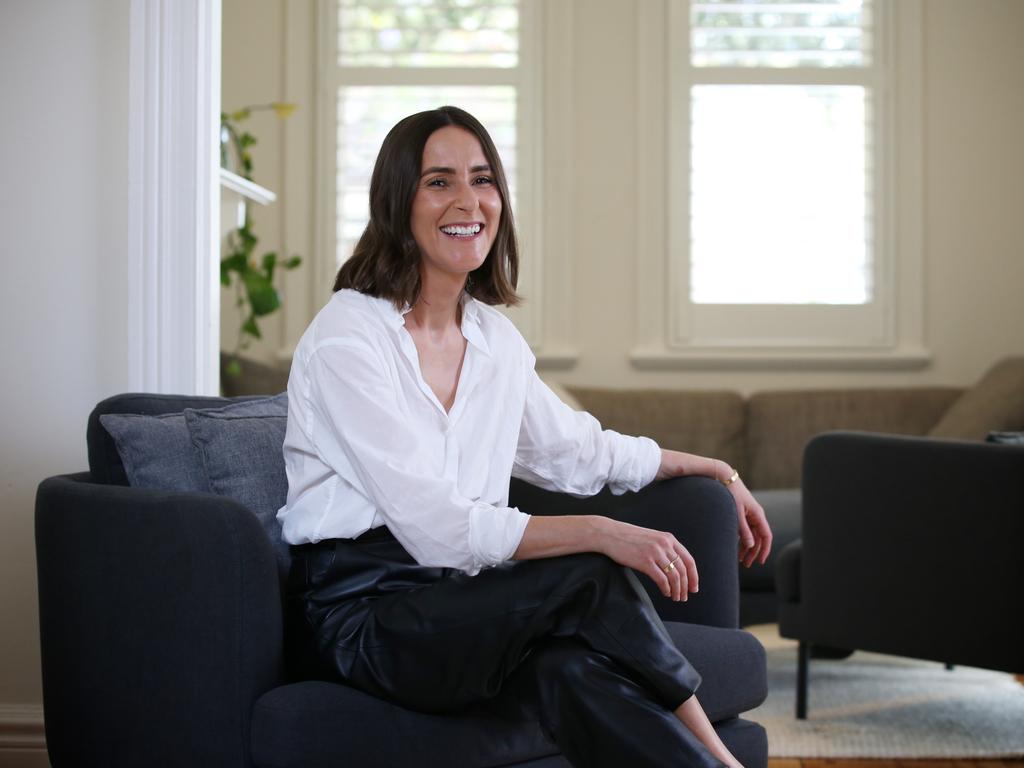
“We had five RA directors up for election, and we managed to get four directors through that election,” Waugh said.
“But heading into that AGM was quite unsettling, so it was really important for us to work through those summits and that connection that we’re doing with our member unions.
“But that was a moment whereby there was some nervousness, and what would have been the outcome had those directors not been elected? We would have been going through a whole board reset, and it would have been very, very disruptive.”
Prior to that, RA had worked with consultants McKinsey to compile a 68-page document presented to all stakeholders, identifying changes that needed to be made to restore trust.
“The work that we did leading into the AGM was really important, and then the genuine and authentic connectedness that we’re trying to instil across the system helped to rebuild an element of trust, and we still know we’ve got a huge amount to go,” Waugh said.
“It’s not Rugby Australia that owns rugby, it’s the community who owns our game. And it’s important for us to acknowledge that, recognise that, and live all those values.
“If you think about the journey to get to that point, there was obviously the fallout from the 2023 World Cup, then we had the challenges with the Rebels going into voluntary administration in January 2024, and a lot of distrust across all our stakeholders really.
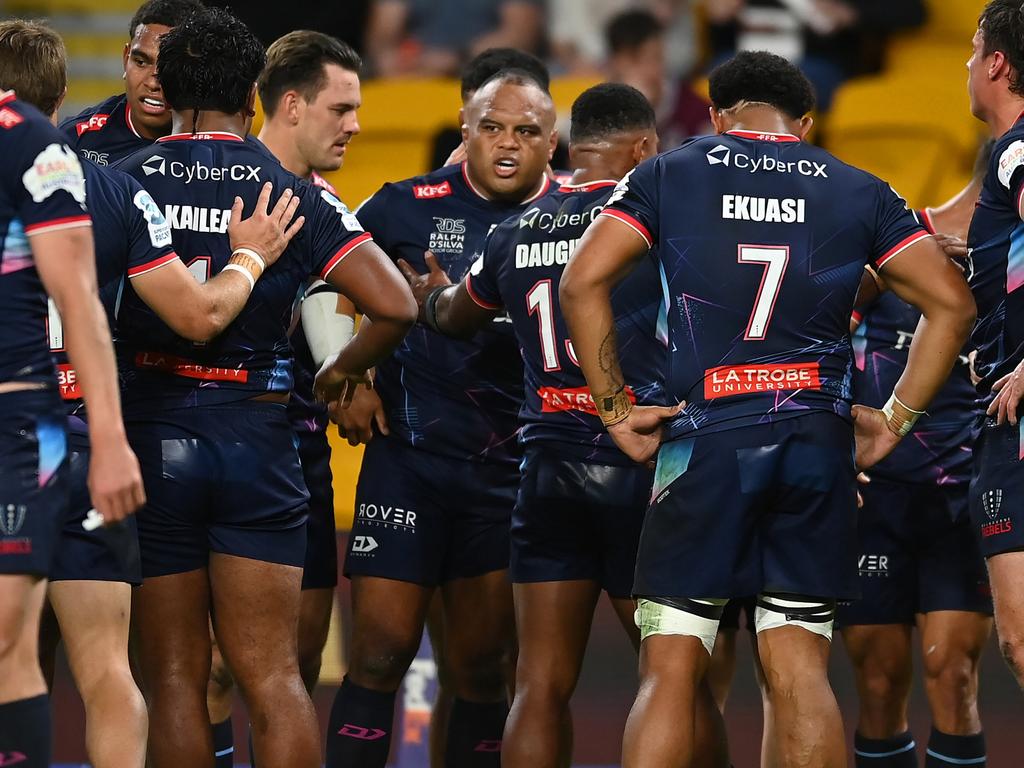
“So we worked with McKinsey to bring together a summit in Melbourne for Super Round 24, which was essentially looking at what’s the status quo of rugby in Australia. Where exactly are we as a game, which was clearly quite confronting.”
“We needed to understand, what’s the global sporting market look like? What does the global rugby market look like? What does the Australian sporting market look like? And where does rugby sit within the Australian sporting market?
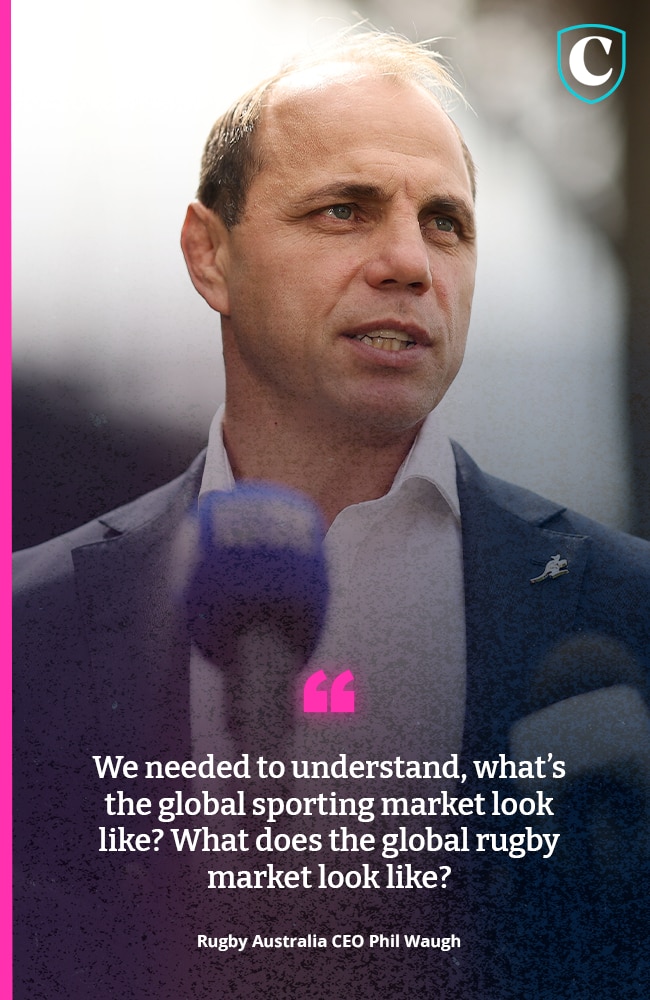
“So we brought together essentially what we called a rugby fact pack, which was a 68-page document, which looked at all the different sporting markets, but also gave us context as to where Australia was in that period of time and where were the opportunities.
“We distributed that fact pack to our member unions, rugby clubs, players association, all who came together for the summit. And that was essentially the start of resetting the game.
“And a lot of that was around rebuilding trust. Certainly, we’ve got a long way to go, but it was actually just acknowledging, recognising and hearing from our member unions around that distrust that they had across the system and of Rugby Australia.
“We came out of that summit with four key work streams.”
The four streams guided RA’s strategy, but there was another curveball when Nine boss Mike Sneesby left the company after last year’s Olympic Games, seeing Stanton elevated on an interim basis.
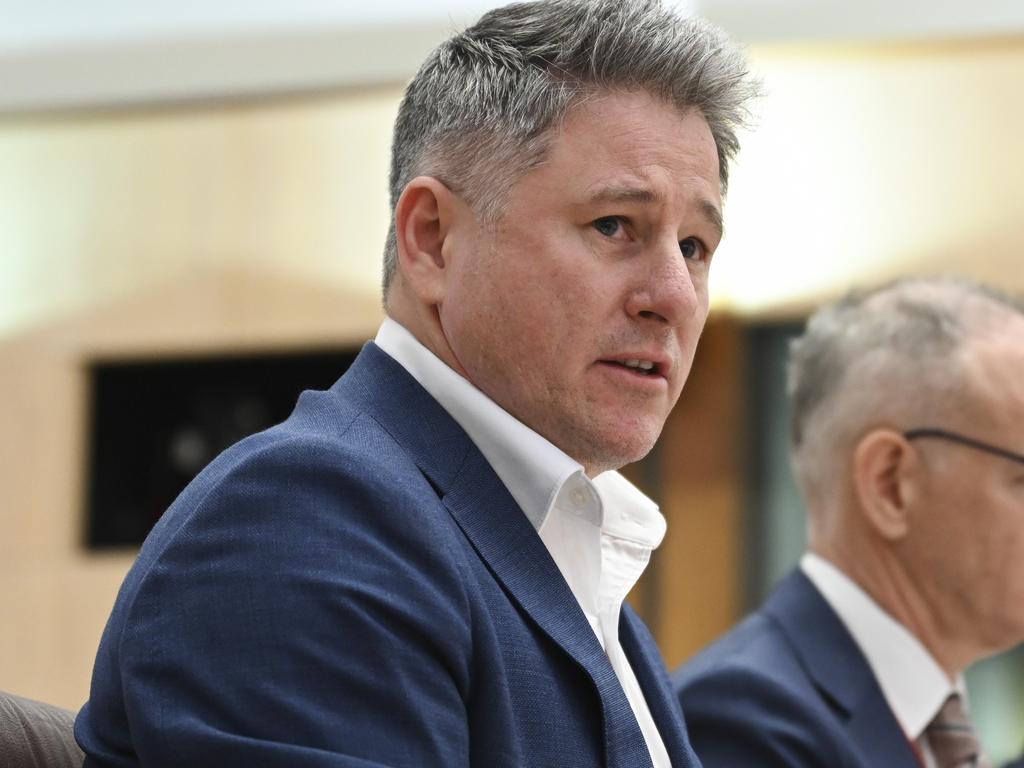
“With any disruption you have in any organisation, that naturally leads to inactivity and not a lot of things happening,” Waugh said.
“To Matt’s credit, once he was handed the interim role, he took it like he owned it and led conversations, led the organisation, and led a lot of strategic decisions that they were making in their world, which is difficult.
“I admire him as a leader. And now he’s been announced as the permanent CEO. And so for us it was just consistently connecting with Nine, with Matt, with the executive team and just bringing them on the journey and reset that we were on, so that they could actually see the vision, understand the vision, and ultimately, believe in the vision.”
Stanton explained the bigger picture.
“We are the home of the Olympic Games, we’ve just done a 10-year deal with swimming which is a key Olympic sport, and rugby sevens is also a key Olympic sport,” Stanton said.
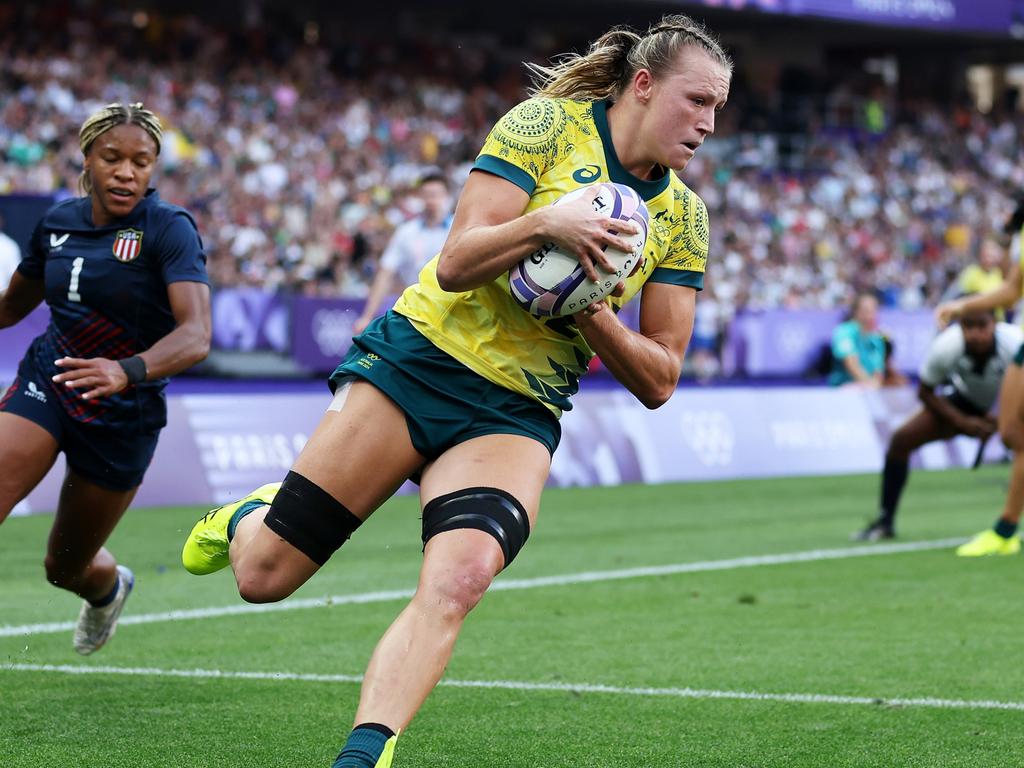
“I was very clear that the deal needed to stack up commercially. We were both apart on a few things a number of times, there were times we didn’t agree, but that’s where the trust comes in.
“Phil has done a very good job managing all of the stakeholders through this.”
A major bonus in the negotiations was the Wallabies’ spring tour performance, where they overcame the odds to beat England at Twickenham and Wales in Cardiff.
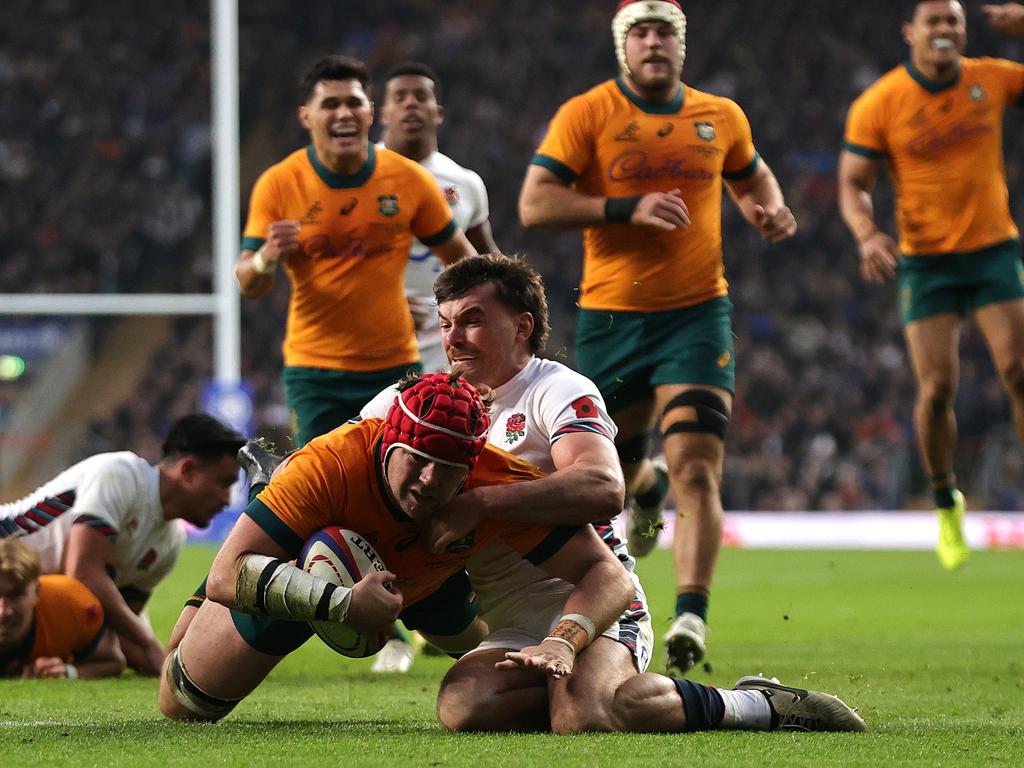
“I think all of Australia, not just rugby supporters, felt that,” Waugh said.
“After that Wales Test, after the England win, there was just a groundswell that people came out and wanted to get behind rugby. And I think we’ve seen that in community clubs.
“It was probably the first time for a long time that everyone really galvanised and got behind the national team.
“So talking through that, it can’t just be a one-off. We’ve got to be consistently in that space.
“We spent a lot of time together over that period just working through things and how we could ensure that both parties would be beneficiaries from the partnership that we’re creating. I genuinely think it’s a genuine partnership, it’s not transactional.
“And we need to create value for Nine in what we put out onto the field and activating all the audiences that want to believe in rugby.”
More Coverage
Originally published as How Christmas negotiations landed Rugby Australia new broadcast deal with Nine









